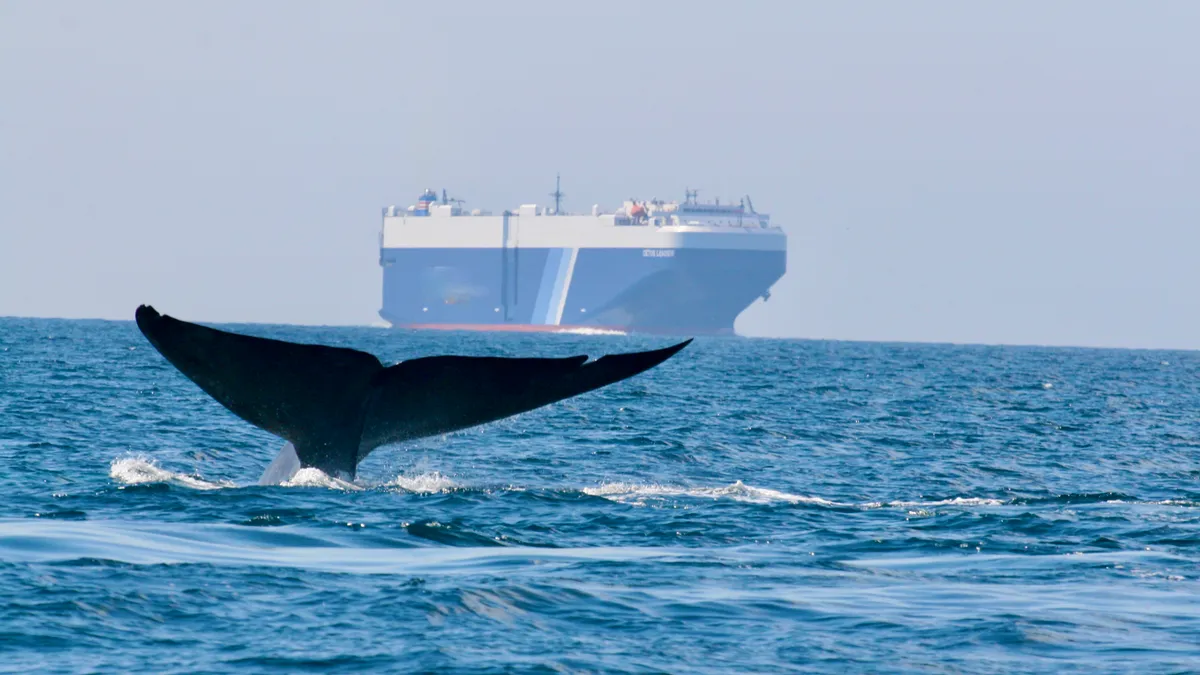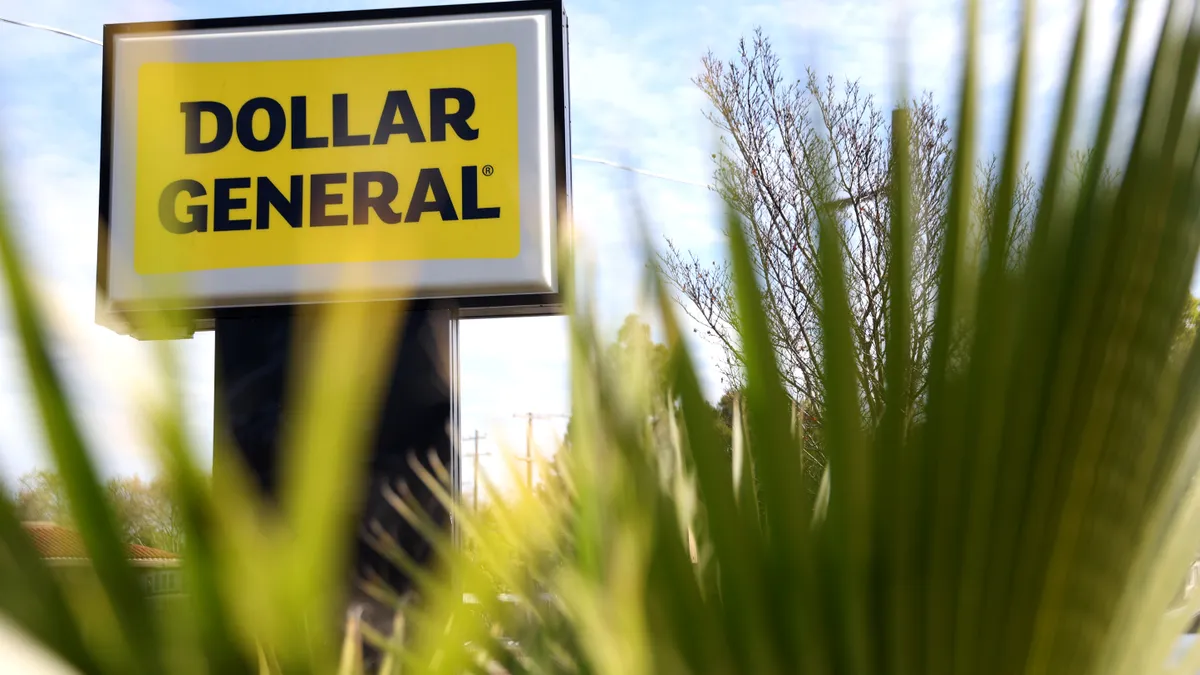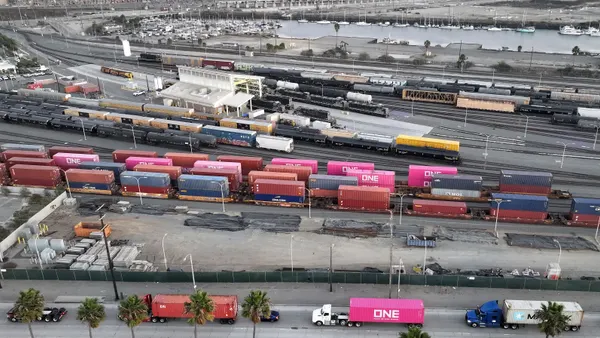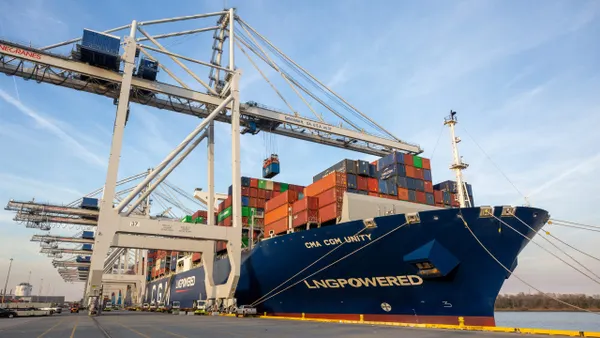(California) – Maritime shipping to California ports is becoming more sustainable. Ship operators in the Protecting Blue Whales and Blue Skies program voluntarily reduce their speed while transiting through critical whale feeding areas and near vulnerable coastal and port communities in California. This approach maximizes environmental benefits with minimal impacts to shipping schedules. Just like cars, vessels traveling at reduced speeds are more efficient, emitting fewer greenhouse gasses and harmful air pollutants. Slower vessels also reduce ocean noise and the risk of fatal ship strikes to endangered blue, fin, and humpback whales in California waters.
Brands and retailers now have a way to be part of the solution alongside the shipping industry. By becoming a Brand Ambassador, brands benefit from positive communications about the program while driving the demand for more sustainable shipping practices, thereby increasing shipping industry participation and improving conservation outcomes for whales, people, and the planet.
Historically, brands that rely on ocean freight have little information about the regional environmental impacts of the ships carrying their products. The Brand Ambassador initiative provides brands with their shipping companies’ participation in the Protecting Blue Whales and Blue Skies speed reduction program and the resulting environmental benefits as they transit from Asia to the California coast. Brands can use this data to communicate to their customers, shareholders, and employees.
In 2022, vessels in the Protecting Blue Whales and Blue Skies program reduced speeds for 78% of their voyages, up from 64% in 2021, indicating vessel operators' continued commitment to ship more sustainably.
Cargo owners that have joined the Brand Ambassador Initiative are in a variety of industries spanning from coffee to consumer goods, united by their commitment to protect natural resources. Recent additions to the Ambassador initiative include Way Basics, Santa Cruz Bicycles, Who Gives a Crap, and the Port of Hueneme.
Together, the seven Brand Ambassadors ship with thirteen different shipping companies in the Blue Whales and Blue Skies program. In 2022 those thirteen shipping companies voluntarily reduced their speeds, resulting in an estimated 25,000 ton reduction in regional greenhouse gas emissions.
“Through this partnership, we remain committed to exclusively booking freight companies that participate in vessel speed reduction,” said Scott Beatty, Nomad Procurement Manager. “Our hope is that this regional initiative will develop at a global scale. We strongly encourage other companies that ship along the California coast to become ambassadors, raise awareness, and encourage their freight companies to participate in the program," he said.
“Our coffee roasting business has a larger impact than anything else we do, so being intentional about every aspect of our roasting is imperative,” said Brett Dioguardi, Director of Sustainability and Supply Chain for Summit Coffee. “Protecting Blue Whales and Blue Skies is a great example and opportunity for us to help share the great work being done, and to encourage other companies to get involved too."
“Being a brand ambassador was a no-brainer for us: it’s a low lift opportunity for brands to grow awareness and concretely move the dial in shaping freight industry practices,” said Annie Nyborg, Sustainability Director at Peak Design. “Joining the initiative costs nothing aside from using our voices to advocate for more sustainable transportation. It's something all responsible brands should join.”
Most companies already ship with Protecting Blue Whales and Blue Skies participating carriers and can receive environmental credit for making a difference. To receive recognition for your company, or to urge your favorite brands to join the program visit www.bluewhalesblueskies.org/cargo or contact [email protected]. Enrollment is free, does not require any changes to your shipping schedule, and takes just a few minutes.
Protecting Blue Whales and Blue Skies is a collaborative partnership between California air quality districts, National Marine Sanctuaries, and nonprofit organizations.










